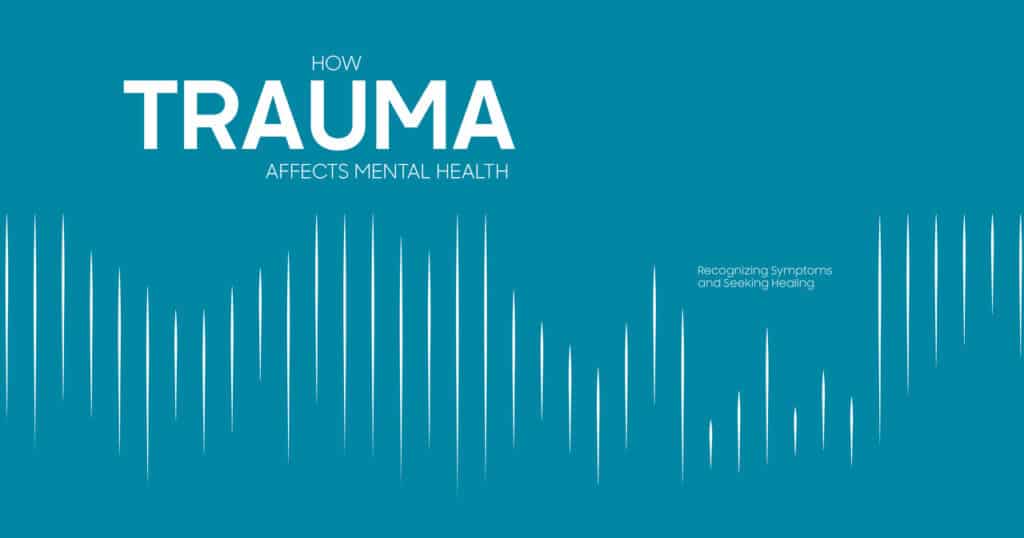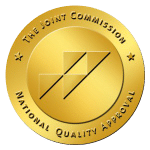Trauma is one of those words we constantly hear and seems to speak to such a vast range of experiences that touch on our psyche. It could be the aftermath of being involved in a car accident, it might be the residual associated with losing someone you love, or it could even originate from childhood abuse. Trauma can hit people in a deep place, and knowing trauma doesn’t only mean being aware of its natural, but also of its impact on our mental health and finding pathways toward healing.
Key Takeaways
- Acknowledge Trauma: Acknowledging the existence of trauma is a first, much-needed step toward healing.
- Seek Professional Help: Therapists and support groups can provide the tools necessary to navigate the effects of trauma on mental health.
- Practice Self-Care: Engaging in self-help strategies, such as mindfulness and journaling, can assist in healing.
But first, let’s talk about trauma and mental health. What happens to you, what symptoms can occur, and, most importantly, what steps can you take to heal?
Perhaps you have experienced trauma personally or are supporting a loved one who has. Still, regardless, this guide seeks to arm you with knowledge and resources to foster recovery and resilience.
Understanding Trauma
Trauma could be termed as an intense stressor that far overloads an individual’s ability to cope is usually shatters one’s sense of security and safety, producing long-lasting psychological and emotional effects, but sometimes, physical ones also.
Trauma falls into the following categories:
- Acute Trauma. This occurs from a single distressing event, such as an accident or natural disaster.
- Chronic Trauma. This arises from repeated and prolonged exposure to distressing events, like ongoing domestic violence or childhood abuse.
- Complex Trauma. This refers to exposure to multiple traumatic events, often of an invasive, interpersonal nature, affecting the individual over a long period.
These differences are important to know since they may affect how one interprets and deals with experiences.
Common Sources of Trauma
Trauma can stem from various sources, and what may be traumatic for one person may not be for another. Here are some familiar sources of trauma:
- Abuse. Physical, emotional, or sexual abuse can leave deep emotional scars.
- Accidents. Car crashes, falls, or other unexpected incidents can lead to trauma.
- Loss. The death of a loved one can be devastating and trigger significant grief and trauma.
- Natural Disasters. Events like earthquakes, hurricanes, or floods can cause physical and psychological trauma.
Recognizing the source of trauma is essential for understanding its impact on mental health and initiating the healing process.
The Impact of Trauma on Mental Health
Psychological Effects
Trauma can lead to several mental illnesses, the most prominent being:
- Post Traumatic Stress Disorder (PTSD): Characterized mainly by flashbacks, nightmares, and other severe anxieties connected with the traumatic event.
- An Anxiety Disorder: most people have more anxiety related to trauma, which may be expressed in panic attacks or chronic worry.
- Depression This trauma-related depression is a general state of sadness, hopelessness, and loss of interest in activities.
Understanding these psychological effects will help to realize when trauma goes too far in impairing the mental status.
Physical Effects
Trauma doesn’t only affect the mind; it can have significant physical implications as well. The body often holds onto trauma in ways that can manifest physically. Some common physical effects include:
| Chronic Pain | Many individuals with trauma may experience unexplained aches and pains, known as psychosomatic symptoms. |
| Fatigue | Constantly being in a state of heightened alertness can lead to exhaustion and fatigue. |
| Sleep Disturbances | Trauma can cause insomnia, night terrors, or restless sleep, further compounding mental health issues. |
Understanding this connection between trauma and physical health is crucial for developing a holistic approach to healing.
Behavioral Changes
Trauma can alter behavior significantly. Individuals may exhibit various behavioral changes, such as:
- Substance Abuse. For others, it becomes more of a use to dull out the emotional pain tied with the trauma.
- Withdrawal. Another may be social withdrawal or segregation from friends and family as a defensive reaction.
- Aggression. Sometimes, the traumatized individual will be angry or even hostile towards the situation as a result of unprocessed trauma.
Recognizing these behavioral changes in oneself or loved ones is essential for seeking help and support.
Recognizing Symptoms of Trauma
Emotional Symptoms
Emotional symptoms of trauma can be diverse and complex. Some common emotional symptoms include:
- Mood Swings. Individuals may experience rapid mood changes, often feeling intense anger, sadness, or fear.
- Irritability. Increased frustration and irritability can affect relationships and daily functioning.
- Feelings of Hopelessness. A pervasive sense of hopelessness can stem from unresolved trauma, impacting one’s outlook on life.
Cognitive Symptoms
Cognitive symptoms often include:
| Memory Problems | Trauma can affect the brain’s ability to process and store memories, leading to forgetfulness. |
| Difficulty Concentrating | Individuals may struggle to focus on tasks, making daily activities challenging. |
| Intrusive Thoughts | Unwanted memories or thoughts related to the trauma can be distressing and overwhelming. |
Physical Symptoms
Physical symptoms may manifest as:
- Sleep Patterns. Trauma can lead to sleeping too little or too much as a coping mechanism.
- Changes in Appetite. Some individuals may lose their appetite, while others resort to bad eating habits in an attempt to find comfort.
- Heightened Startle Response. Feeling on edge or easily startled is the most common phenomenon experienced by trauma survivors.
Social Symptoms
Social symptoms can include:
- Withdrawal from Relationships. Avoiding social interactions can lead to increased feelings of loneliness.
- Difficulty Forming Connections. Individuals may struggle to trust others, making it challenging to build new relationships.
Recognizing these symptoms is a crucial step toward understanding the impact of trauma on mental health and seeking the right support.
Seeking Healing and Support
The Importance of Acknowledgment
An admission of trauma will take you a step forward in the healing process. This is not negative or accusatory, but to appreciate the influence of trauma in your life. Then, acceptance gives you the power to take a step toward healing.
Professional Help
When trauma has a significant impact on mental health, seeking professional help is essential. Here are some options:
Therapists and Counselors | Professionals trained in trauma-focused therapy can provide the tools and support needed for recovery. |
| Cognitive Behavioral Therapy | This type of therapy focuses on changing negative thought patterns and behaviors associated with trauma. |
EMDR | This therapy helps individuals process traumatic memories, making them less distressing |
Group Therapy | Sharing experiences with others who have faced similar challenges can foster connection and understanding. |
Self-Help Strategies
In addition to professional help, there are self-care strategies that can aid in healing:
- Mindfulness and Meditation. Mindfulness can help you stay grounded and present, reducing anxiety and emotional distress.
- Journaling. Writing about your experiences can be a therapeutic way to process emotions and gain insight into your feelings.
- Engaging in Physical Activity. Regular exercise can boost mood and alleviate some symptoms of anxiety and depression.
- Establishing a Routine. A daily routine can create a sense of stability and normalcy in the aftermath of trauma.
Suppose you or someone you know is feeling so hopeless that suicide would seem an acceptable solution, including behavior around self-harm, or is unable to function by any standard measures of daily life. Seek professional help immediately. Hotlines and crisis centers can assist in finding emergency support and resources.
Let’s Sum Up
There is an immense requirement to understand how trauma affects a person’s mental well-being and the presentation of symptoms that need help in healing. The very first step toward recovery can often be admitted to the fact of experiencing trauma if it is affecting oneself or a loved one. Healing is a journey, and seeking help along the way is okay.
Don’t be afraid to ask for help if you and one of your loved ones are trying to live through trauma. Share your experiences, ask questions, or seek resources to help you navigate the healing journey. Nobody has to go through it alone. Help can be got at the end.
FAQs
- What are the most common symptoms of trauma?
Common symptoms of trauma include emotional instability, memory problems, physical health issues, and social withdrawal.
- How long can the effects of trauma last?
The duration of trauma effects varies widely among individuals. Some may experience symptoms for a few months, while others may struggle for years without proper treatment.
- Is it normal to feel anxious after experiencing trauma?
Yes, it is expected to feel anxiety after trauma, but if it interferes with daily life, seeking professional help is advisable.
- Can trauma be healed?
Yes, trauma can be healed. With the right support, therapy, and self-care strategies, individuals can learn to cope and thrive.
- What should I do if I recognize symptoms of trauma in someone else?
Encourage open communication, listen without judgment, and suggest seeking professional help if necessary. Support from friends and family can be invaluable.












